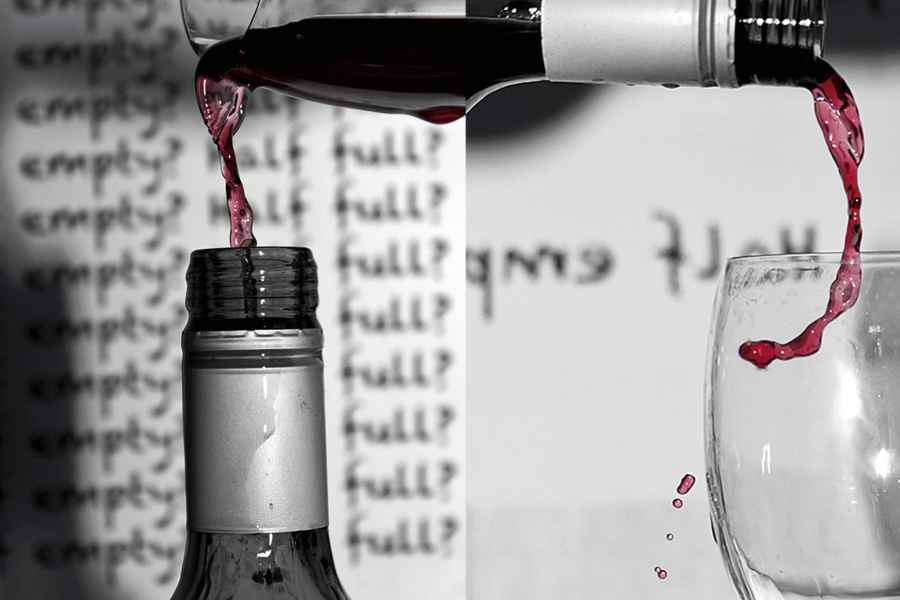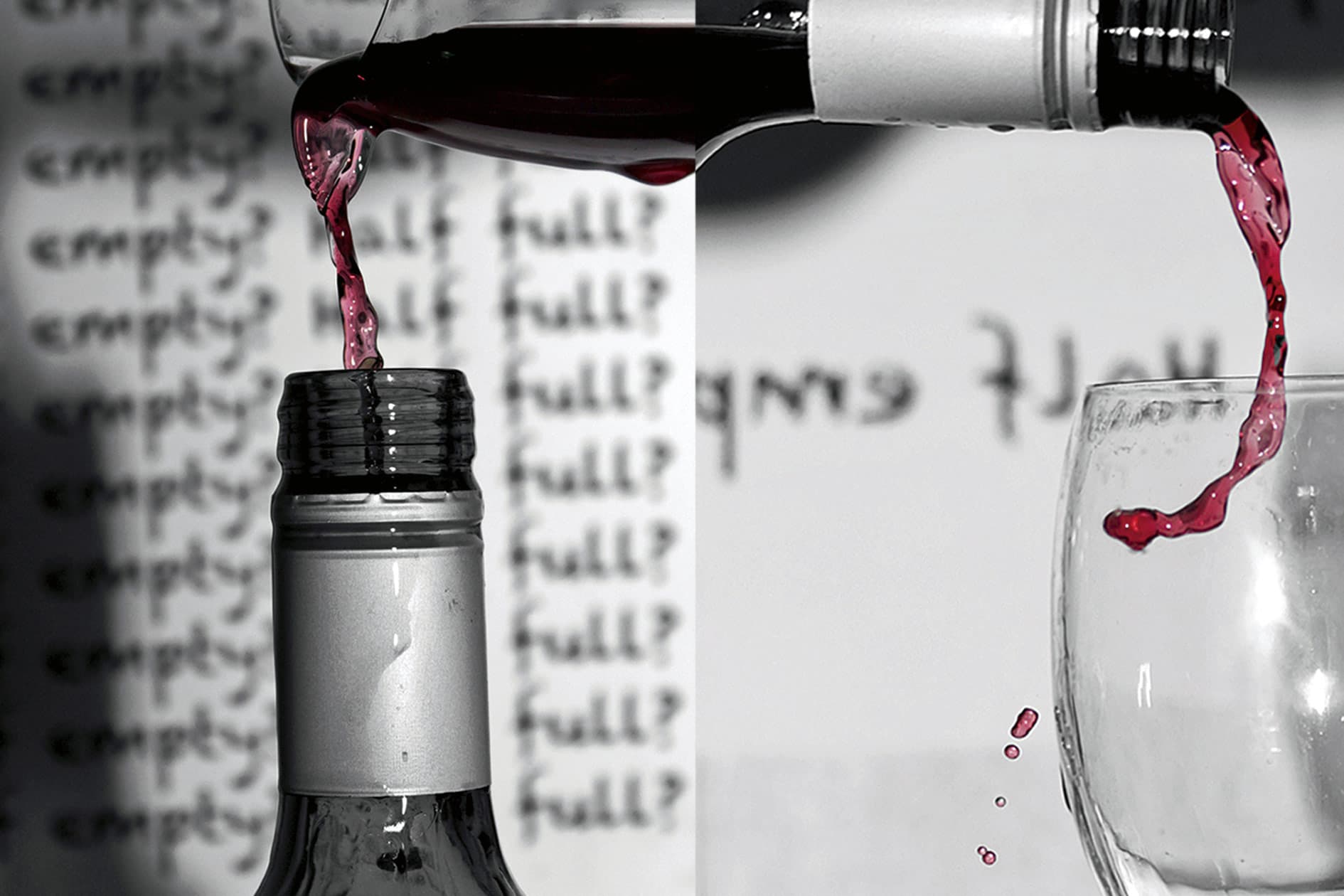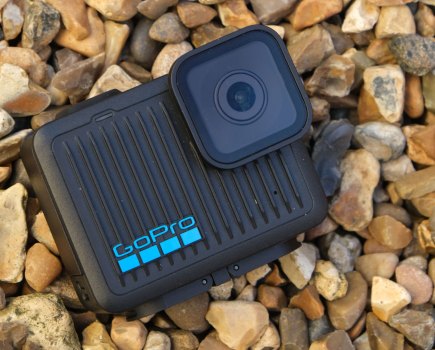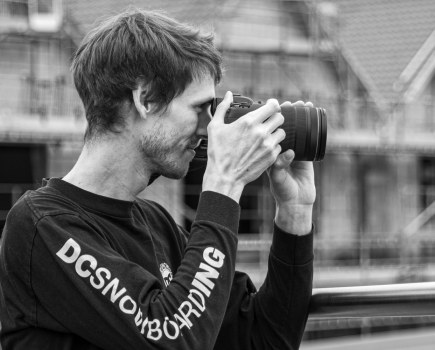Eleven years ago I became unwell with mental health problems, and it was at around this time that I first picked up a digital camera. I was eventually diagnosed with borderline personality disorder (BPD). I did not know how important photography would later become in my struggle with BPD. I live in a state of pretty much constant internal chaos, mood instability, destructiveness, impulsivity and the turmoil, unrest and despair that come with BPD.
Photography is a real lifeline and a way of noticing the beauty and magic in life, the simplicity of objects and the complexity of nature. I often hate the pain and suffering that life brings, but simultaneously love the world for its beauty of things to photograph.
Photography puts things in perspective; it is a way to focus on the ‘bigger picture’ of life and to overcome individual problems. I’m always looking for bizarreness and eccentricity in everyday objects. I am only in my ‘photographic mind’ some of the time. When I am low, I lose interest and the motivation to take photos.
Photography is a creative medium that promotes initiative, meaning, self-expression and power. In one sense it can be used to communicate and document the reality of daily life experiences, but it can also be used imaginatively and artistically as a way of creating new realities, especially when you use photo manipulation software. It is a bridge between the conscious and subconscious, inner mind and external world. Taking a photo gives a photographer power, it is based on a decisive moment and is based on perception, interpretation, and creativity. You can choose what to emphasise, what to include and what to leave out.
The actual process of taking a photo is therapeutic in itself. By having the sense of choice and power in what to capture, inspiration and creativity to compose a shot – and by setting up the camera, you can gain a sense of order and calmness. For me, it feels like a means of cathartic healing and distraction, and respite from my distress. Taking a photo and capturing a single moment in time, sometimes that may never happen again, gives a grounding in reality. Somehow it makes me feel more resilient.
Although I struggle with anxiety, photography can give you a reason to get out and about and a focus. Portraits can give a sense of who we are, who we have been or, in a construed fantasy world, who we would like to be.
Photography is a means of a sharing narrative and can be the basis of conversations and discussions. I have had a lot of positive feedback from various people about my photos. This gives me a sense of ‘being good at something’ and a sense of achievement. Taking a photo gives you an ownership of your creativity – it feels good to get praise for my skills and gives me confidence in my abilities.
When I am out somewhere with my camera, I feel like a different person. Photography is just a hobby, I don’t think I would want to make a career out of it because then I might stop enjoying it. Although I still have a long way to go, photography has played an important role in my recovery process. And, in part, I’m sure that I have my mood instability and BPD to thank for some of my more ‘quirky’ creative shots!
Sarah Clark graduated with a geography degree ten years ago. Since then, she has done a BTEC and a City & Guilds in Photography. She also enjoys writing and is passionate about fighting the stigma of mental-health problems. Last year, she had a photography exhibition at a local cinema, which was an ideal platform to raise awareness of BPD. www.photosbysarahclark.com









